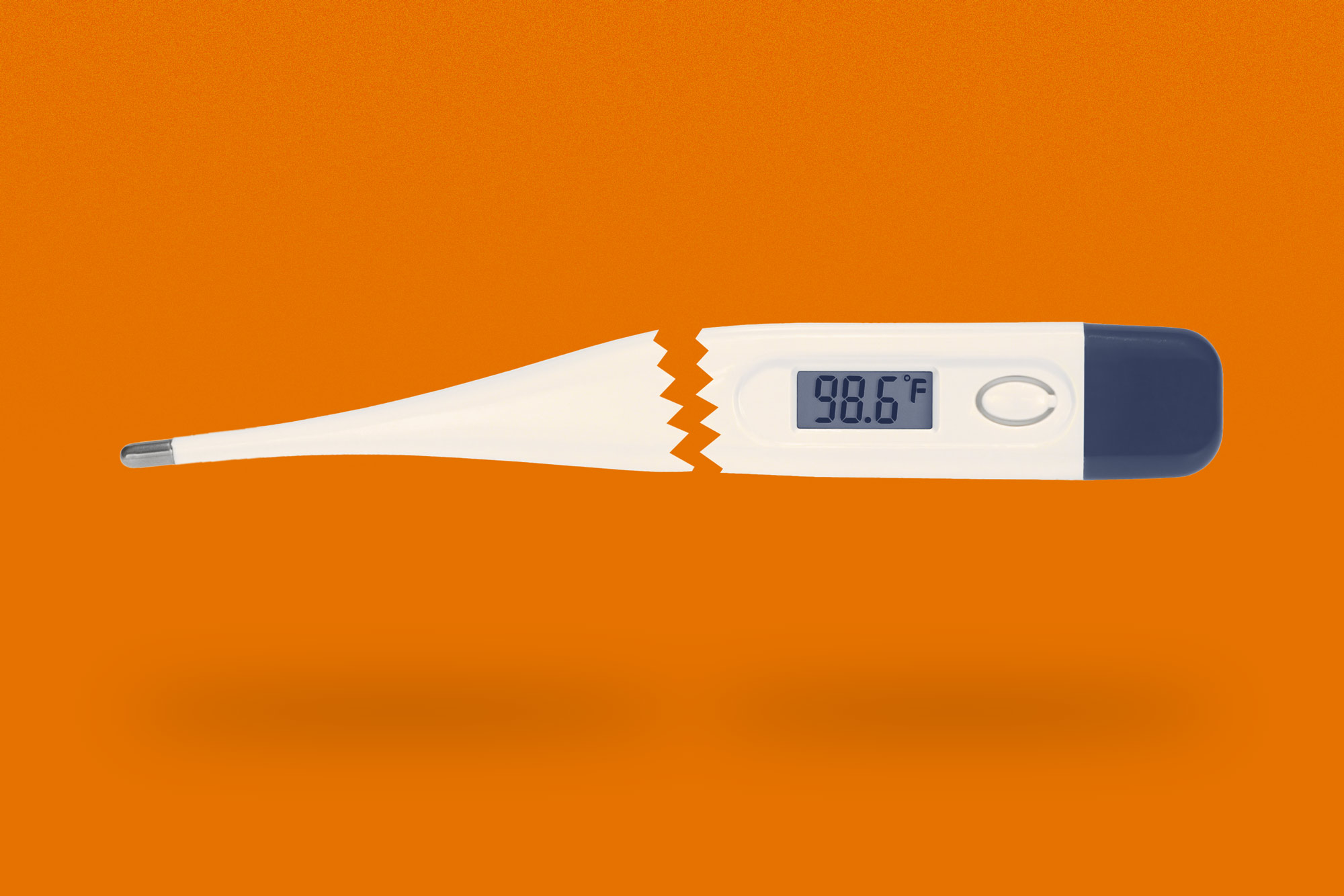At some point in your life, someone probably told you to stop cracking your knuckles, or else you’d get arthritis. Or maybe they warned you going outside with wet hair would give you a cold.
It’s the time of year where many are trying to avoid getting sick and kicking some bad health habits, so maybe you’ve been following these pieces of advice.
But despite the seeming good intentions of those who share these old wives’ tales, some health tips aren’t quite true. Luckily, three University of Virginia nursing professors sat down with UVA Today to dispell these and other health myths and offer more sound advice about how to protect yourself instead.
Myth: If You Go Outside With Wet Hair, You’ll Catch a Cold
A well-meaning grandparent might have shared this tip when you were a child, but assistant nursing professor and nurse practitioner Ashley Apple said this bit of popular wisdom depends on how you parse it.
“Simply going outside with wet hair doesn’t make you more likely to encounter a virus,” Apple said.
But there has been research to suggest that if the temperature in your nasal passages drops, your body is less able to fight off a virus. People’s noses contain tissue that help fight off infections. Research suggests when the temperature inside your nose drops by as little as 9 degrees, these tissues are less capable of facilitating an innate immune response and neutralizing viruses.
“Given that a lot of heat dissipates through your head, your overall temperature and the temperature inside your nose might decrease,” Apple said. “If you are exposed to a virus during that time period, your body might be less able to fight that virus.”
To avoid getting a cold, Apple advised following the same tips you learned in elementary school: Wash your hands, and cough and sneeze into your elbow rather than your hands.
“You don’t need to get earmuffs for your nose,” Apple said.
Myth: Cracking Your Knuckles Gives You Arthritis
It might be annoying to the people around you, but there’s not much evidence to suggest this habit causes arthritis.
“Cracking your knuckles really just displaces air and the fluid that is in your joint spaces, and it makes a crunch when you do it,” Apple said.
But Apple suggests you might want to avoid cracking your knuckles anyway. People who do so excessively can have increased swelling in their joints, a weaker grip and other functional impairments.

Assistant nursing professor Ashley Apple has her students debunk common health myths. (Contributed photo)
There are many kinds of arthritis, and genetics make some people more likely to develop the condition than others.
If you’re worried about your joint health, there are some things you can do. Apple recommends trying to maintain good nutrition – and especially making sure you get enough calcium and vitamin D – to keep your bones strong. Being active and working on your flexibility can also help prevent arthritis.
Myth: Your Body Temperature Should Be 98.6 Degrees Fahrenheit
For most of our lives, our average body temperature is somewhere around 98.6 degrees, according to nursing professor Gina DeGennaro and assistant nursing professor Beth Quatrara. As people age, however, their average body temperature tends to decrease.
Usually, 100.4 degrees or higher is the benchmark when medical professionals consider a person to be running a fever.
“If you had a patient who was at 97 when they came in, and now they’re at 99, that’s a big difference,” DeGennaro said. “In an older individual or someone’s who immunocompromised, that would be very concerning.”
“There were patients in the hospital with COVID who had no fever, yet were in very serious condition,” Quatrara said.

Gina DeGennaro and Beth Quatrara teach their nursing students to pay attention to more than just the number on the thermometer. (Contributed photos)
DeGennaro and Quatrara say they didn’t learn how temperature changes as a person ages when they were in nursing school, but share the information with their students now. As someone gets older, or if they are immunocompromised or malnourished, their protein levels decrease, making it more difficult for their immune system to sustain a fever.
If you’re trying to monitor body temperature at home, the nursing professors recommended sticking to a traditional thermometer for the most accurate reading, though they warned that whether someone has had anything to eat or drink recently can skew the reading.
They also suggested keeping an eye on other symptoms, like confusion, fatigue, muscle aches or even changing personality.
“Go with your gut. Don’t rely on the number,” Quatrara said.
Myth: Juice Cleanses Can Help You “Detoxify”
Wellness influencers might peddle $100 five-day juice cleanses to help you “eliminate toxins.” But odds are, your body is already doing that for you.
“We hear all the time about potential ‘toxins’ in the environment, and people are worried about what that means for their health,” Apple said. “Some juices have things that are good for you and your immune system, like vitamin C, but there’s really no evidence to support a juice cleanse.”
To get rid of the toxins people encounter every day (like the mercury in fish, for example), they need nutrients from fat and protein.
“If you do a juice cleanse, that’s just carbohydrates. You might be taking in less toxins overall, but you’re not feeding the body the nutrients it needs to detoxify itself,” Apple said.
Instead, just aim for a balanced diet, Apple said.






